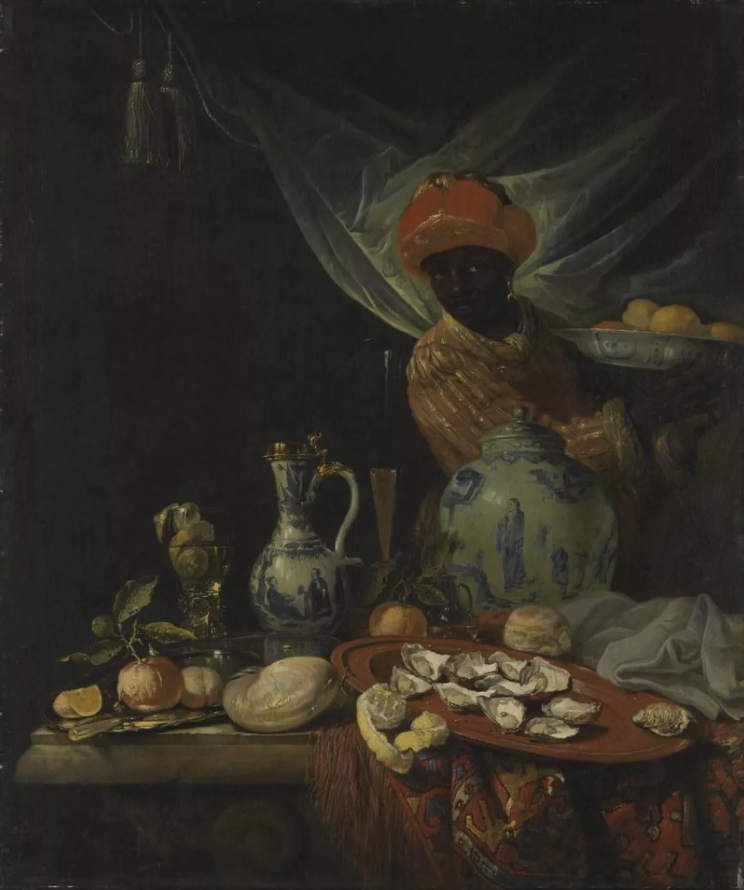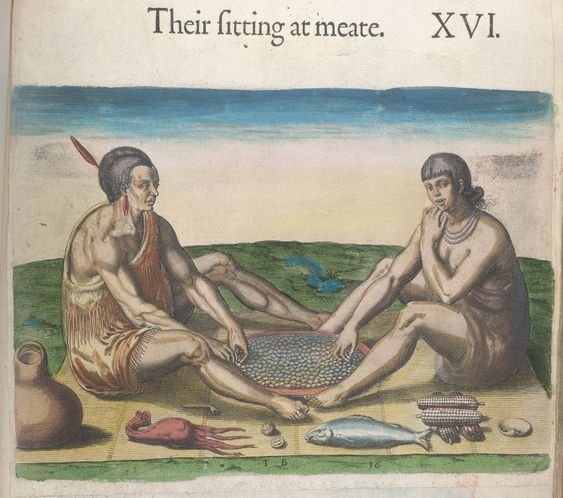
eAting exchanges: food & religious encounter in the early modern world
This project is funded by a Leverhulme Early Career Research Fellowship at Cardiff University. It builds on my research on food in the Protestant and Catholic Reformations, pioneering one of the first interfaith and global studies of early modern religion.
The early modern period was marked by both unprecedented interfaith encounter and the exchange of new foodstuffs, as, for example, chocolate and potatoes travelled from the Americas, wheat and livestock moved from Europe, and tea and coffee was traded from the East. Eating Exchanges zooms in on moments of food exchange between people of different faiths to better understand cross-cultural encounter and its wider historical implications – including how we understand colonialism, globalisation, lived religious experiences, and co-existence.
As the most essential feature of ordinary people’s everyday lives, a focus on food has the unique potential to reveal the values and experiences of religious minorities who are otherwise hidden from the historical record. Focusing on two major case studies – the Republic of Venice and colonial Virginia - Eating Exchanges takes into account the entangled experiences of Catholics, Protestants, Jews, Muslims, West Africans, and Native Americans. Through food stories I am better able to access the (often surprising) relationships between people of diverse religious groups in ways that challenges our understanding of early modern communities. The history that the project reveals continues to shape the multicultural societies of today, as well as the often unequal distribution of global foodstuffs.

